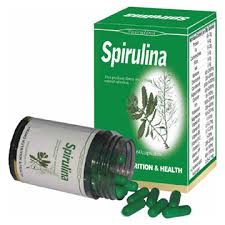Stroke is a medical emergency. It occurs when:
1. the brain is deprived of oxygen supply due to blocked blood vessels and
2. there is internal bleeding due to burst blood vessels.
What to do when someone around you is having a stroke?
You should not waste time.
Rush that person to the hospital immediately to avoid further damage to the brain.
If the brain is deprived of oxygen for one minute to one a half minutes it will stop working because the cells have been damaged and if, within 3 hours there is no medical attention given, the patient will experience severe damage that is irreversible.
What are the signs and symptoms that a person is experiencing a stroke?
Remember the letters F-A-S-T. You should act fast and check the
FACE. Deformed lips, and changes in the shape of the cheeks and eyes
ARMS. One arm is hanging because of the damage in a certain part of the brain.
SPEECH. The patient can no longer talk very clearly, his speech is slurred.
TIME. Time is of the essence in this situation. No time should be wasted. The patient should be treated immediately as any delay can mean a lifetime of regret.
2 Types of Stroke
1. Ischemic. Ischemic stroke happens when there is not enough blood flowing to the brain depriving it of much needed oxygen supply to the brain.
2. Hemorrhagic. Hemorrhagic stroke occurs when blood accumulates within the skull area. This is further classified into intra-axial hemorrhage and extra-axial hemorrhage.





